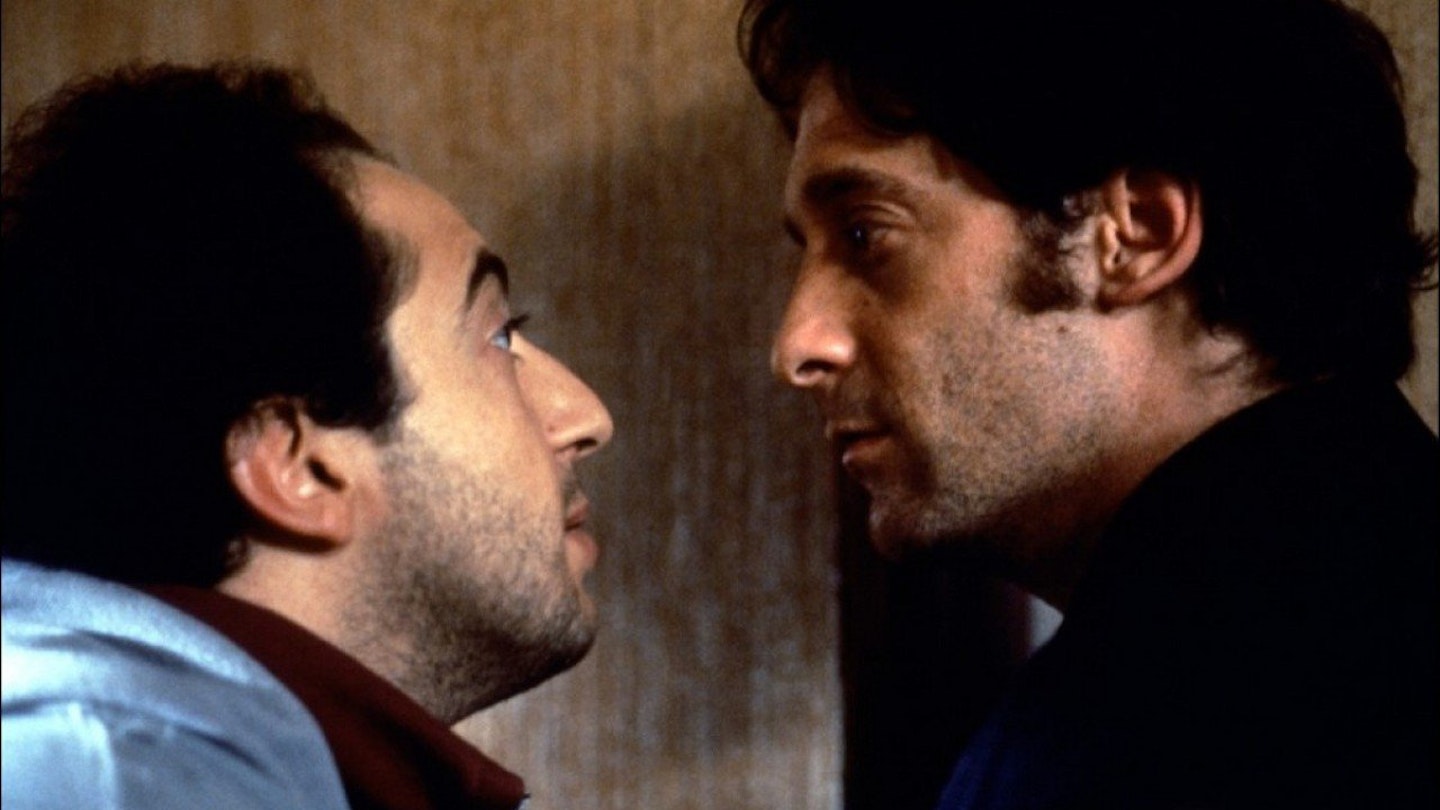One of those warm, witty and engaging romantic comedies that the French manage to make so well, this borrows a few tricks from Coline Serreau's last movie, Romuald Et Juliette. As in that wondrous movie, she fashions a story of cross-class bonding in which a slightly baffled male professional is helped through a mid-life crisis by a funny little personage from the other side of the tracks. The opening sequence has the quality of a modern-day fairytale.
Victor (Lindon) wakes one morning to find he has been deserted by his wife and fired from his job. He deposits his children on the train for a holiday with their grandmother and is then left to his own devices for the remainder of the film as he tries to put back the missing pieces of his life. Mid-crisis, he stumbles across a homeless barfly, Michou (Timsit), who attaches himself to his quest. It is only when Victor stops thinking about himself, the film implies, and starts thinking about the poor man at his side that he can begin to reclaim his own life.
Serreau scores points at the expense of chic racism, sexual hypocrisy and New Age fadism as she conducts the pair through a labyrinth not of their own making, and it is only in the last third of the movie that her unnerring touch falters. Once Victor has been prevailed upon to visit Michou's family in a suburb of Paris, the smart irony begins to slide into sentimentality. Not only does he find the hospitality he's so rarely offered others, but he is supplied with the equivalent of a potion to win back his wife by Michou's sister-in-law.
